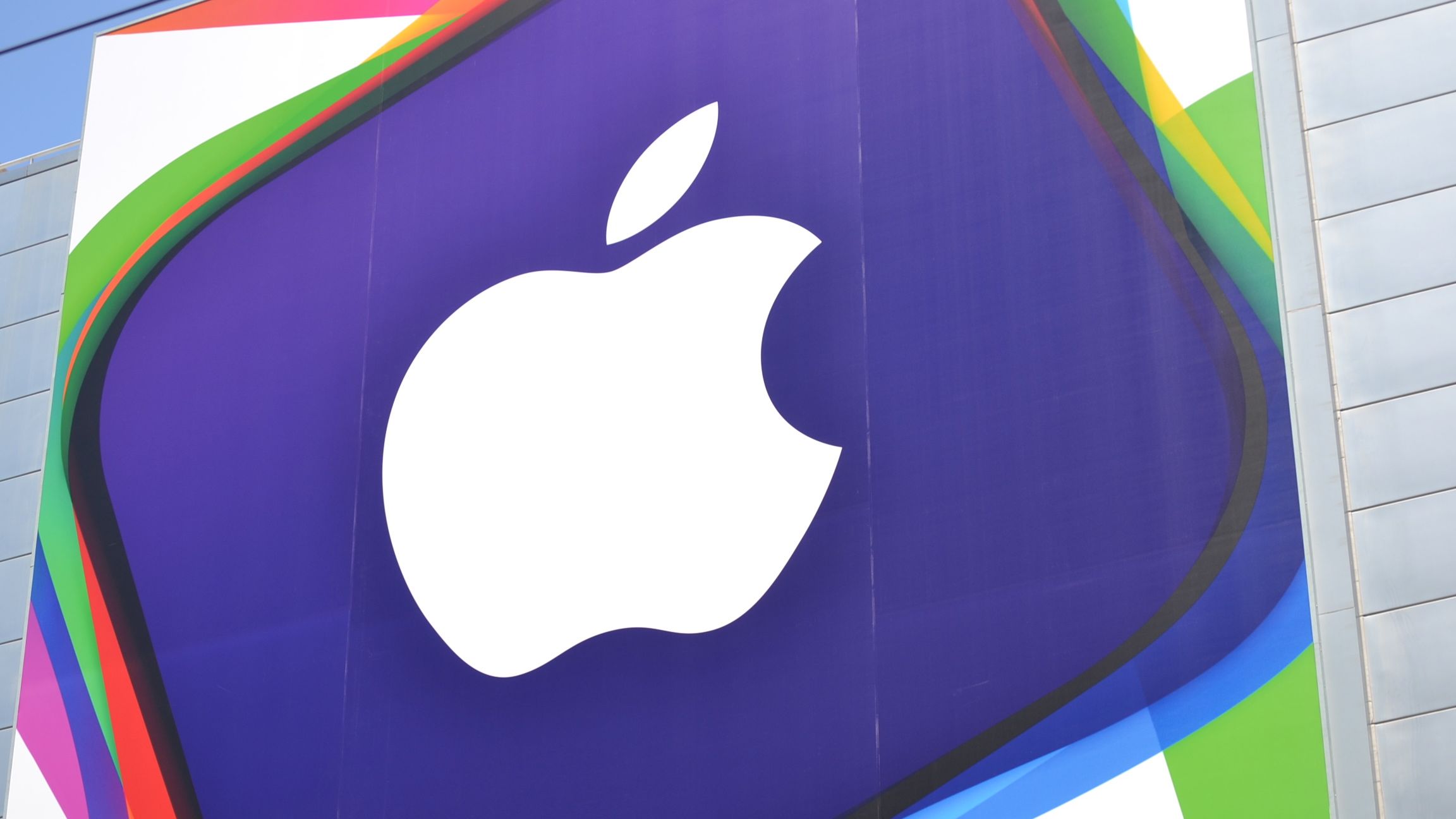IBM partnership will ensure Apple seizes the enterprise
Cupertino just got even stronger

Saying Apple and IBM are competitors is a little like saying that VHS delivers the best video quality versus 4k today. Whilst its fun to hold onto memories of the 80's, looking at the two companies today, they couldn't be more different.
Tim Cook himself, said in an interview with ReCode, "If you were building a puzzle, they would fit nicely together as puzzle pieces with no overlap."
Microsoft, Google, Samsung, Motorola and Lenovo are all now bigger competitors to Apple than IBM has been for well over 10 years. Apple appreciated the value of the enterprise market and more importantly, that through its devices and services, it can help businesses to be more efficient and empower employees to improve the way they work.
The battle for the desktop is long over. Mobile, cloud and data is where the new battlefield is.
Apple to tighten grip on the enterprise
Creating solutions for the enterprise market is vastly different to creating experiences for consumers and requires being in bed with a partner recognised in that space. That is what Apple is doing. It has therefore found a partner who can deliver the services it needs to the customers it wants.
You only have to look at our business at Mubaloo to see how big iOS has become in the enterprise. Over 60% of the apps we create for businesses are for internal use cases; 70% of which are on iOS. Partnering with IBM will push iOS deeper into big business and create the right frameworks for enterprise developers to create tools for employees, customers, partners and suppliers.
Apple and IBM are creating more than 100 industry-specific enterprise solutions, including native apps, developed from the ground up. The solutions will span retail, healthcare, banking, travel and transportation, telecommunications and insurance, as well as other select industries. The 'made-for-business-apps' will be about creating the types of apps common in these industries.
Sign up to the TechRadar Pro newsletter to get all the top news, opinion, features and guidance your business needs to succeed!
Not only this, but it is fair to speculate that the apps will likely be built in Apple's new Swift programming language. This means fewer lines of code and Apple demonstrating to the enterprise market, that its new language creates powerful apps.
Pooling functionality
Whether they are built in Swift or Objective-C, the apps will likely make use of the new iOS 8 features such as continuity, document picker, widgets and app extensions - all powerful for enterprise use cases.
From conversations with large firms, since Apple introduced CloudKit, it is clear that there is uncertainty as to whether it will fit the needs of enterprise. By partnering with IBM, Apple is bypassing these concerns, by offering exactly what businesses need.
One potential consequence from the announcement is the reason behind the partnership. Up until this point, businesses have been using a patchwork of different products and services to fulfil their enterprise requirements. By partnering, Apple and IBM are trying to offer a one-stop solution.
Apple is setting itself up for the next big phase of mobility. One where partners like IBM are essential for delivering the services it knows are important. IBM and Apple is a play about mobile, cloud and data. This is the new battleground in IT. No longer is it about mainframes and the battle for the desktop. It's the battle for the phone, wrist, face and bag.
Apple and IBM are going up against Microsoft, once again, for the battle for the enterprise. Under Tim Cook, Apple is no longer the lone wolf. Now, it is hunting in packs.
- Mark Mason is the CEO & founder of Mubaloo